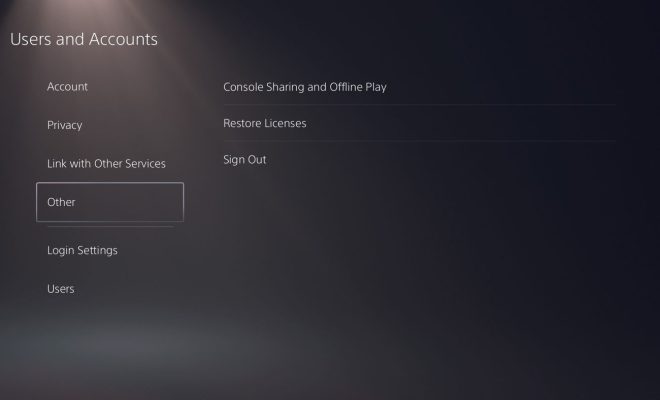What is a Cloud App?

Cloud computing has brought in a whole host of benefits that have revolutionized the way we approach data storage, processing, and access. Among the many offshoots of cloud computing, cloud apps have emerged as a popular and highly useful tool for individuals and businesses alike. Let’s take a closer look at what cloud apps are, and how they can benefit you.
What is a Cloud App?
A cloud app is a software application that operates entirely in the cloud, using cloud infrastructure to store, process, and deliver data. This means that the app doesn’t need to run directly on the user’s computer or mobile device, as all interactions occur through a web browser or dedicated app interface. The app can be accessed from anywhere with an internet connection, and updates made by the provider are immediately available to users.
Cloud apps differ from traditional software applications, which require installation on a user’s device and may store data locally. Cloud apps, on the other hand, use cloud storage and are scalable, as the storage and computing power increase as needed. In other words, cloud apps operate entirely in the cloud, and users interact with them through a web interface.
Examples of Cloud Apps
There are many types of cloud apps, from communication and productivity to media and entertainment. Here are a few examples of common cloud apps:
1. Microsoft 365 – This cloud app suite includes popular tools like Word, Excel, and PowerPoint, all accessible through the cloud.
2. Google Drive – This cloud app lets users store and share documents, spreadsheets, and other files, accessible from anywhere and easily shared with others.
3. Zoom – This cloud app facilitates online meetings, webinars, and video conferencing, all accessible through the cloud with the installation of a dedicated app.
4. Netflix – This cloud app stores an extensive library of TV shows and movies, which can be streamed from anywhere with an internet connection.
Benefits of Cloud Apps
The benefits of cloud apps are numerous, making them an excellent choice for individuals and businesses. These benefits include:
1. Accessibility – Cloud apps can be accessed from anywhere with an internet connection, making them highly convenient for users.
2. Scalability – Cloud apps can be easily scaled up or down depending on user needs, making them a cost-effective solution.
3. Cost-effectiveness – Cloud apps are stored, accessed, and maintained by the provider, meaning businesses don’t need to invest in expensive hardware or software infrastructure.
4. Easy updates – With cloud apps, updates are automatically pushed out by the provider, ensuring users always have access to the latest version.
Wrapping Up
In conclusion, a cloud app is a software application that operates entirely in the cloud, using cloud infrastructure to store, process, and deliver data. They offer many advantages over traditional software applications, including accessibility, scalability, and cost-effectiveness.
As we continue to rely on cloud-computing infrastructure, we can expect cloud apps to become even more popular and prevalent. Whether you’re a business, student, or individual looking to improve productivity, entertainment or communication, cloud apps offer an exciting way to access the latest technology and streamline the way we work and play.






